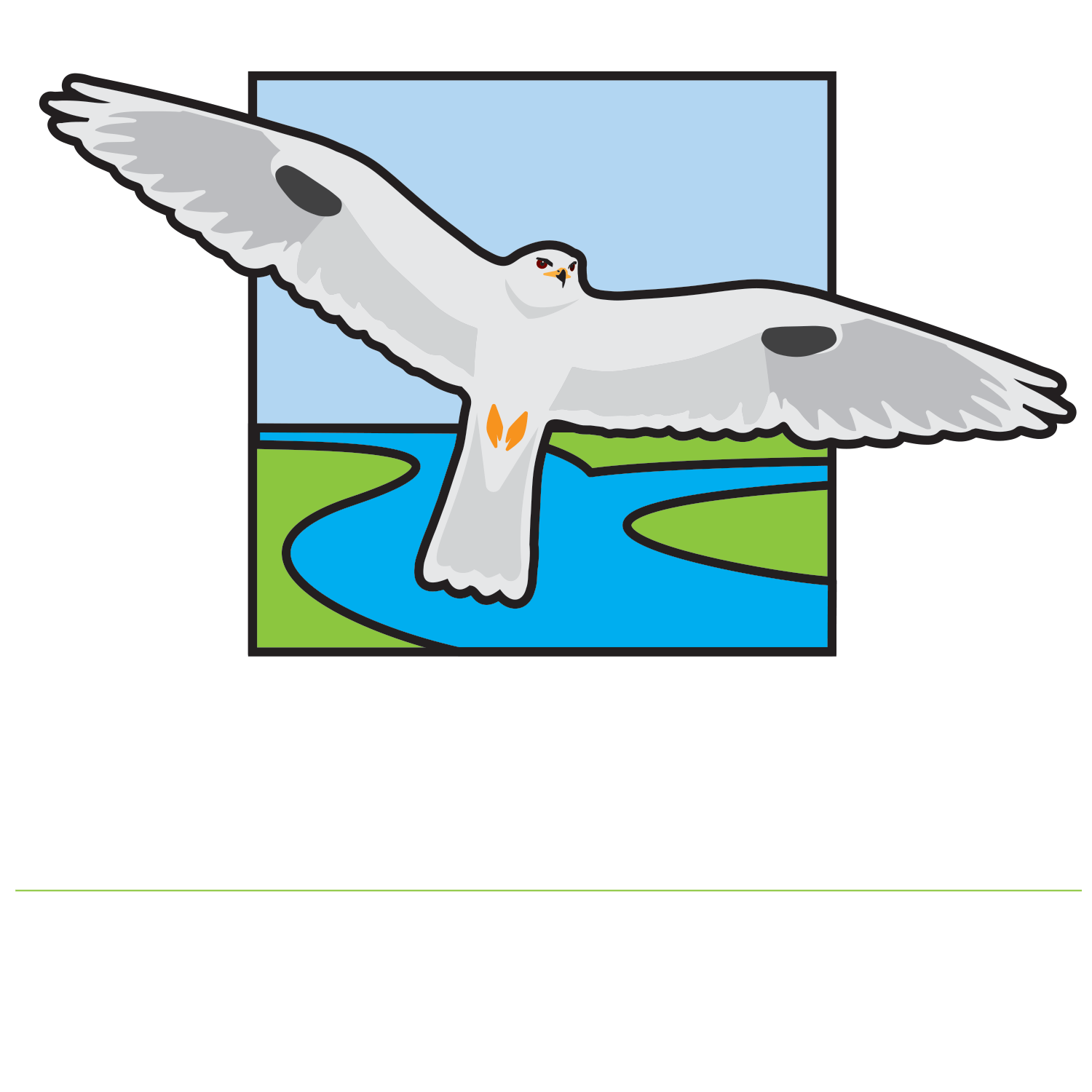Injured Birds
Have you found an injured or baby bird? Before attempting to help there are a few things you should keep in mind.
If it is a nestling (small, typically naked, and unable to hop or fly) the first thing you should do is look for the nest and try to return it. It’s a myth that baby birds won’t be accepted by their parents after being touched by humans. If a nest can’t be found, a wildlife rehabilitation center listed below is your next step.
A fledgling should be left alone. Fledglings are larger, have feathers, and can hop. Fledglings are doing what they’re supposed to do by trying to leave the nest. If they’re in a dangerous spot, it’s all right to move them. However, the parents are probably close and keeping an eye on them. Leaving them alone is the best thing. Additional information on when to help a baby bird can be found at the National Audubon website.
If you need assistance, these agencies may be able to help:
Sacramento Wildlife Care Association Hotline: 916-965-9453
Gold Country Wildlife Rescue 530-885-0862
California Raptor Center UC Davis School of Veterinary Medicine 530-752-1360
International Bird Rescue Research Center, 4369 Cordelia Road, Fairfield, CA 94534, 707-207-0380
Northern California Bats 530-902-1918
Wildlife Rehabilitation Facilities, CA DFW 916-838-7002
Prevent Bird Injuries
Around your yard and its environs there are several things you can do to safeguard your local birds. Some hazards include window strikes, cat predation, and toxic waste both in our garbage and water.
Window Strikes: You’ve undoubtedly heard the terrible sound of a bird striking a window. This can be fatal. Sometimes a bird can be only stunned; but it’s impossible to know if there are also internal injuries. First take measures to protect the bird from further harm from predators. Then contact a wildlife rehabilitation facility for instructions. One such facility that is located in the northern Sacramento area is Sacramento Wildlife Care Association. Their hotline is 916-965-9453.
There are numerous products for sale and DIY solutions to help prevent birds hitting your windows. The American Bird Conservancy (ABC) provides information on a number of these products. Learn more at the ABC Website or check out this article from the Cornell Lab of Ornithology.
Cat Predation: We all love our cats; but it is well known that outdoor cats are responsible for millions of bird deaths nationally. Pet cats should be kept indoors. The Sacramento Audubon Cat Policy offers more information on this issue.
Toxic Waste: Keep all your garbage covered. This is fairly easy outside now with all our city and county containers. Discard all your oils and liquid hazards properly. Above all, be conscious of your pesticide use. Avoid it if at all possible, as both birds and the insects that they thrive on depend on healthy yards. For rats and other vermin, use traps rather than poison. Eating poisoned prey can be deadly to both wild animals (raccoons, opossums, and skunks) and birds (owls and hawks) as well as domestic animals (pet cats and dogs).
Clean Feeders and Water: Unfortunately, disease is easily spread when multiple birds gather at our feeders and water sources. Feeders and bird baths should be scrubbed down and rinsed weekly with a bleach solution. It is especially important to clean hummingbird feeders as they can harbor mold.
Nesting Birds: In the spring, when cleaning up your yard and hedges or trees be conscious of nesting birds. Many birds in our area nest from March 1 and August 31. For more information, Golden Gate Audubon has this great brochure Healthy Trees, Healthy Birds.

